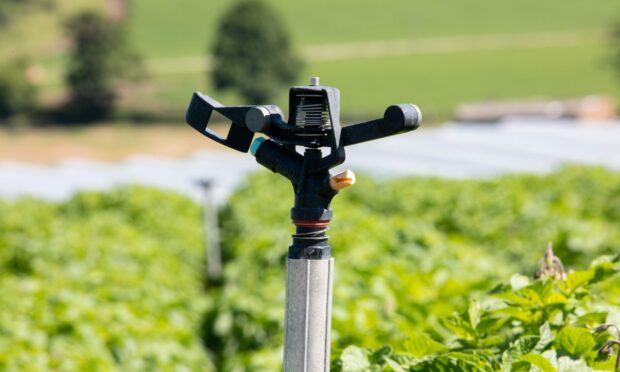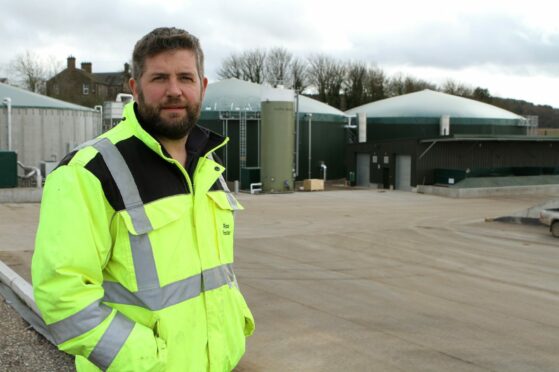At midnight on Saturday, the irrigators in north-east Fife’s high-value vegetable and potato fields will be turned off.
Sepa’s decision to withdraw abstraction licences as water supplies reach “critical” levels in the River Eden catchment has sent shockwaves across the farming community and left producers in one of Scotland’s most intensive agricultural areas reeling.
The financial and psychological impact of watching crops wither will be devastating for producers, while consumers will face rocketing costs, and food security – which is already challenged – will be compromised further if growers decide the risks of growing such demanding produce now outweigh the potential profits.
It’s little wonder that farmers like Ross Forster at Newport-on-Tay are contemplating driving water in tankers for miles if there’s a chance it will save even a fraction of his crop.
But it’s not just the high-profile crops like vegetables that are affected by this drought.
The farmers’ union fought hard to secure an exception for them, but potato fields are under pressure, too, and grass is drying up, creating fears that buyers will lose confidence in this autumn’s store markets.
It’s 46 years since the Scottish farming industry has faced drought on this scale, and back in 1976, the resulting food scarcity meant values rocketed, and tattie prices in particular went through the roof.
Today, fixed contracts and the power of retailers mean there’s no chance of profiting from shortages and the industry will have to fight hard for higher returns for the crops they’re able to salvage.
The concerns, of course, are that the conditions this season could be just a foretaste of the future and the industry won’t be able to adapt quickly enough to climate change.
Just this week, at the Potatoes in Practice event at Invergowrie, Prof Lesley Torrance, scientific director at the James Hutton Institute (JHI), warned the crop faced an “existential threat” in the UK, and called for an additional £40 million of research funding to establish a Potato Innovation Hub where developing heat-tolerant and early-maturing varieties would be a priority.
In the meantime, government must recognise the unprecedented threat to immediate and long term supplies of fresh fruit and vegetables and accept the strong case for emergency support to ensure growers can find a way through the current crisis.



